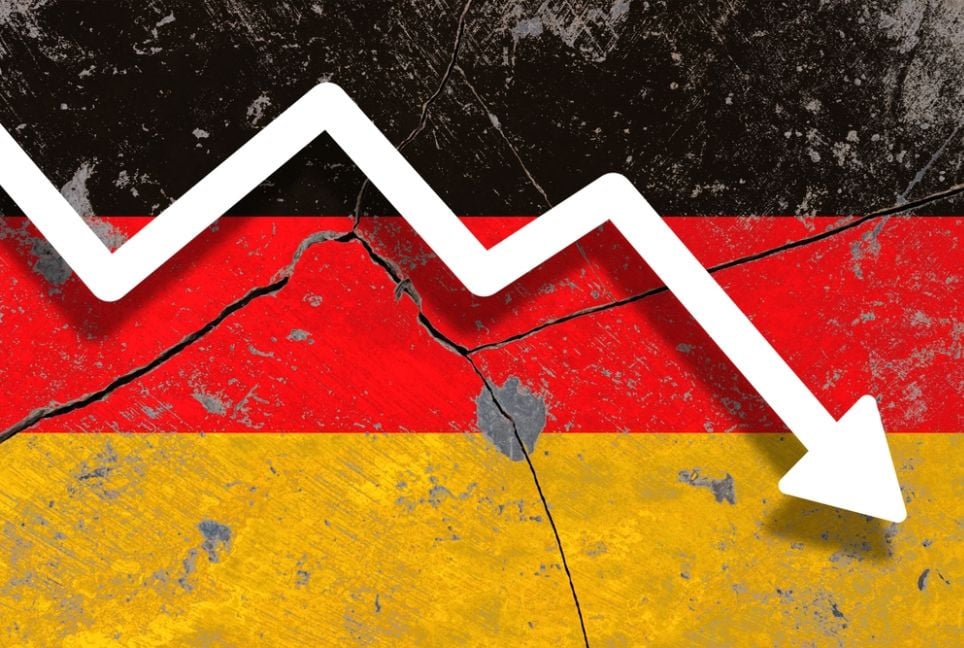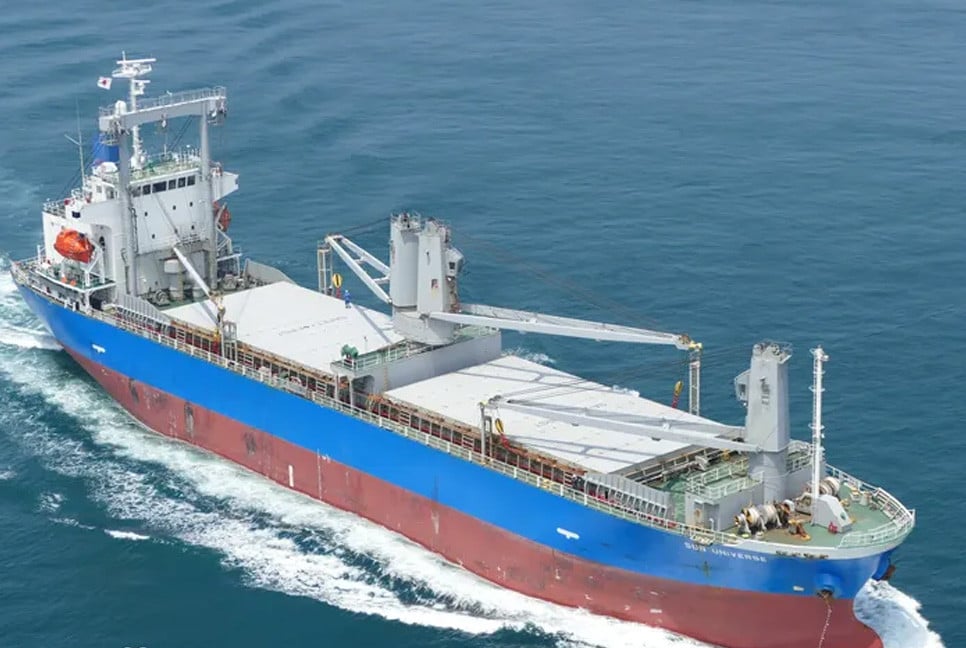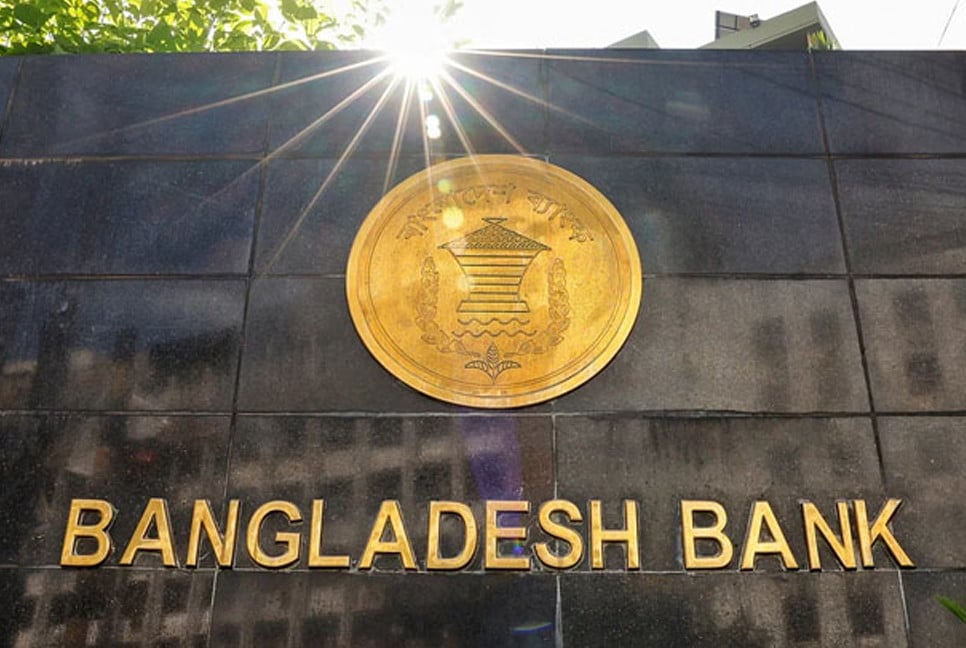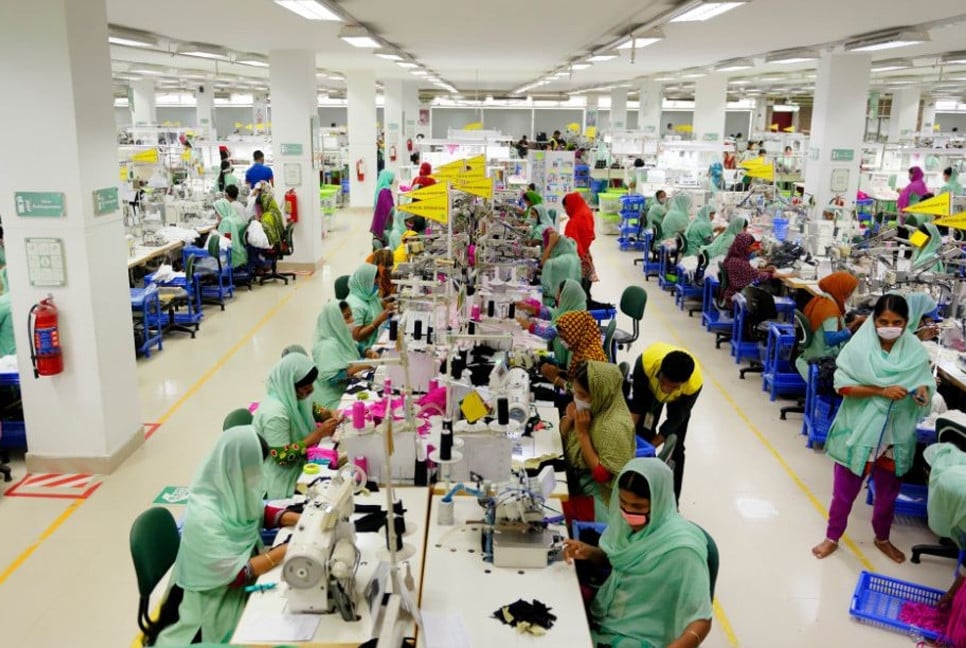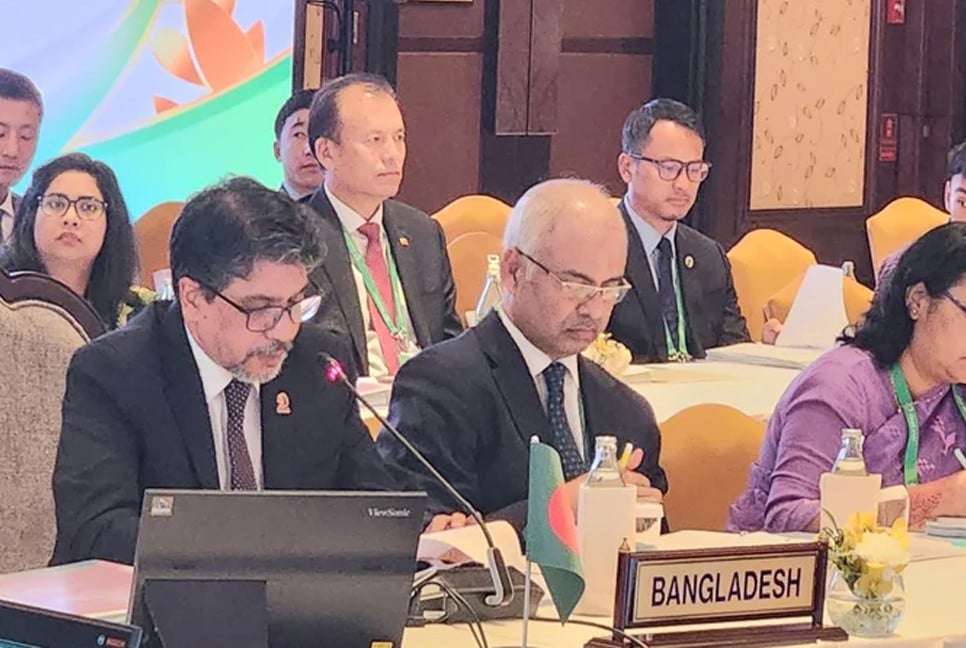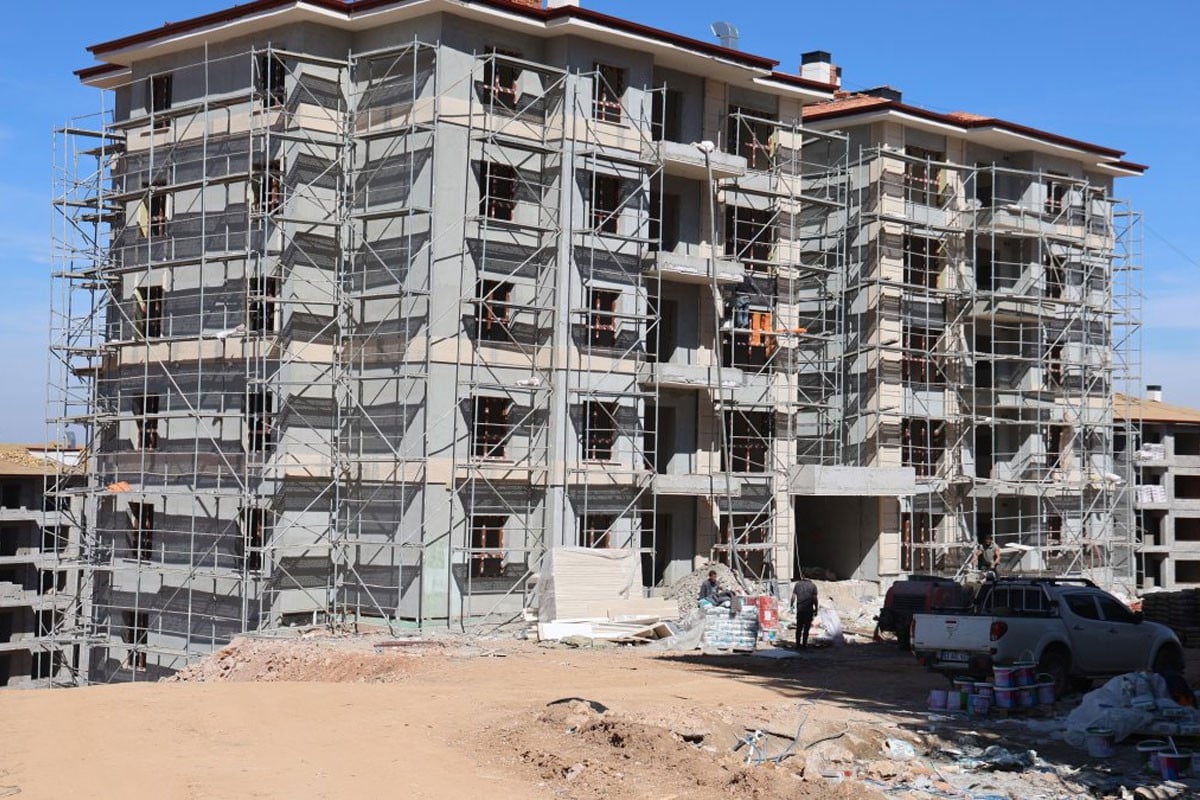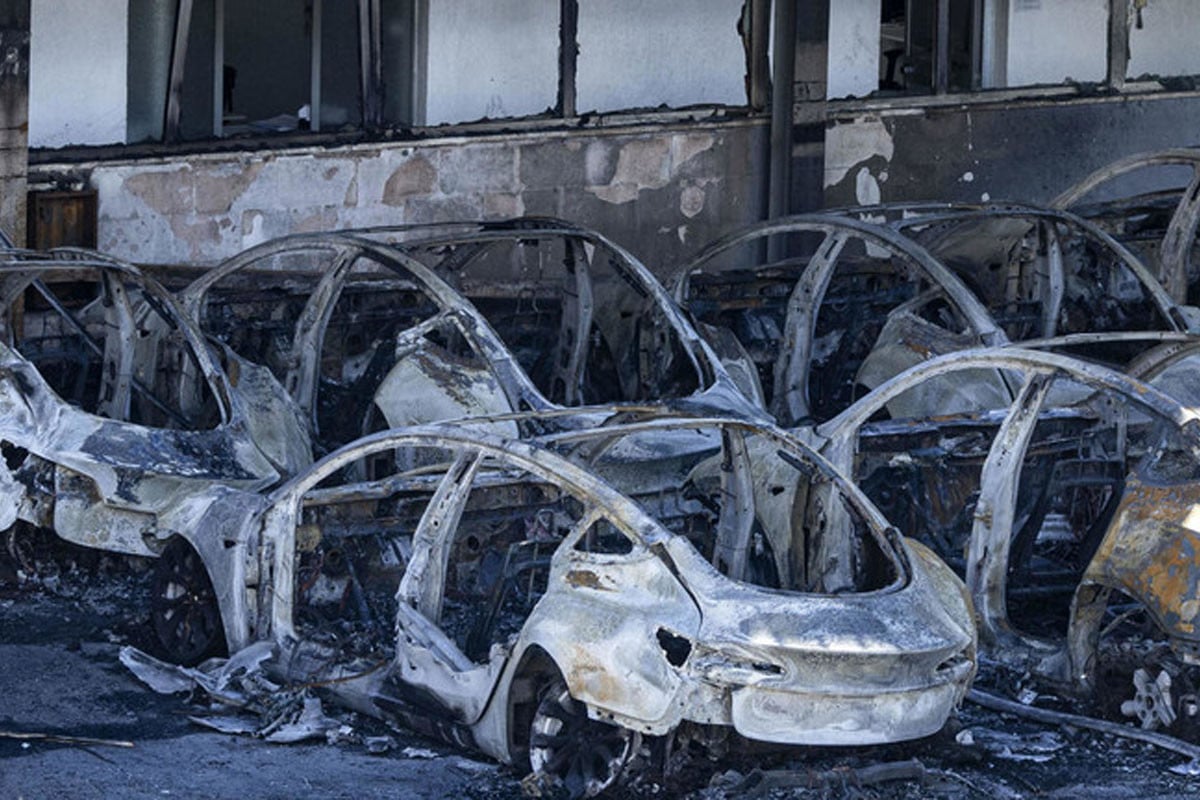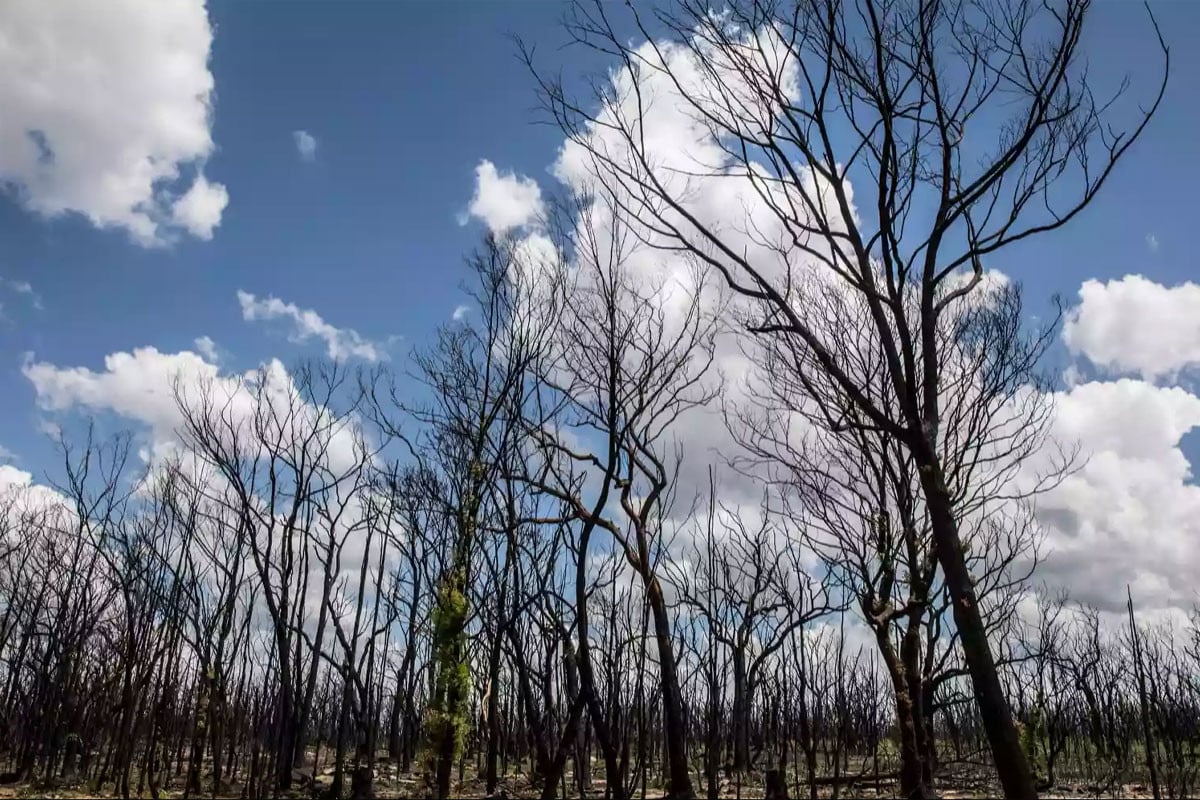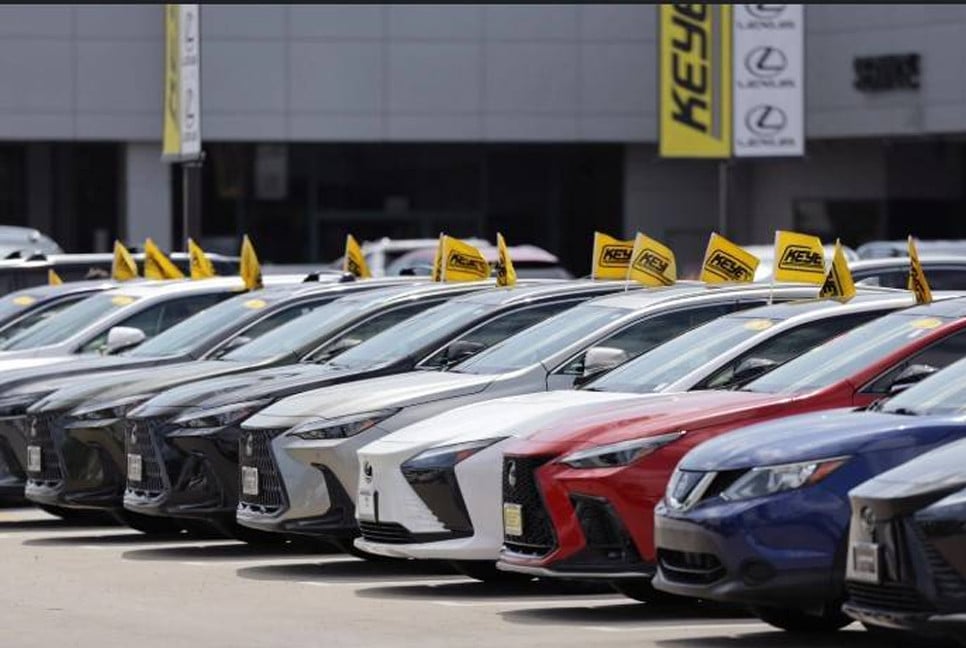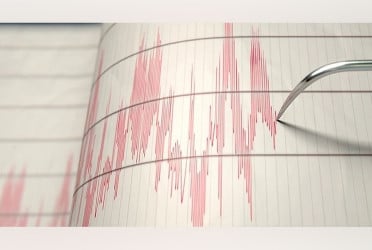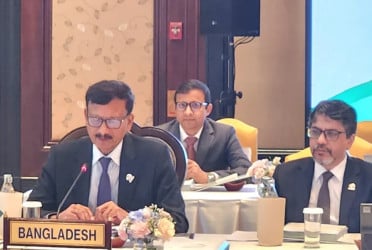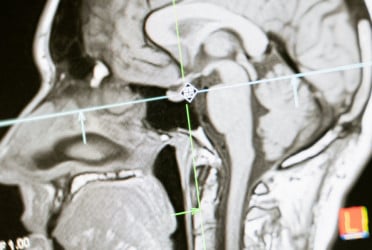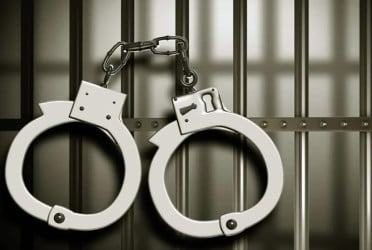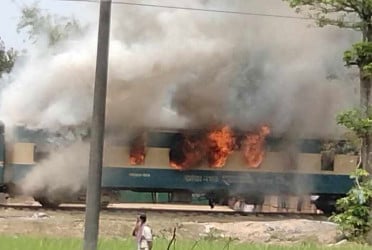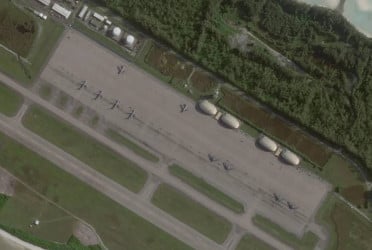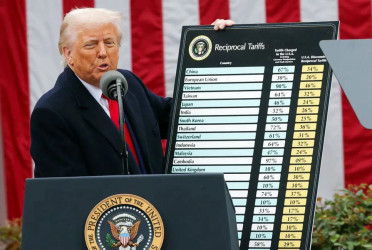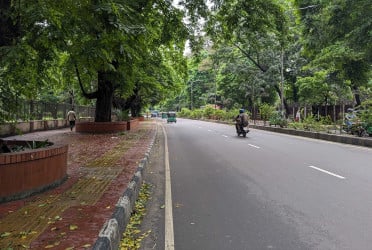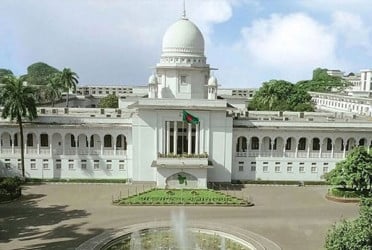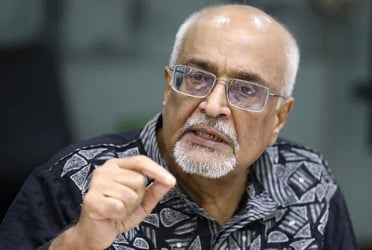Lars Baumguertel, head of one of the last manufacturers in Gelsenkirchen, is urging Germany’s politicians to invest in infrastructure to revive the economy. Like many in the Mittelstand, his company struggles with high energy costs after the Ukraine war disrupted cheap Russian gas supplies.
Germany’s economy shrank for a second consecutive year in 2024, its worst in two decades. Gelsenkirchen, with the highest unemployment rate, has seen a surge in support for the far-right AfD party.
Debt brake dilemma
Germany’s constitutional debt brake, implemented after the 2009 financial crisis, limits the federal deficit to 0.35 percent of GDP, restricting investments in infrastructure and skills training.
By contrast, the U.S. deficit is over 6 percent of GDP. Economists argue the brake hinders necessary reforms. With a general election approaching, discussions on revising Germany’s economic model, including the debt brake, are intensifying.
Political shifts and possible reforms
Friedrich Merz, the conservative frontrunner for chancellor, officially supports the debt brake but may reconsider due to growing investment needs.
Senior CDU leaders privately acknowledge the necessity of reforms, especially as American commitment to European security under Trump remains uncertain. A small reform could free up €6 billion annually, while a broader coalition could push for excluding long-term investments from the brake.
Residents demand change
Gelsenkirchen, once central to Germany’s economic miracle, has suffered from industrial decline since the 1960s. The city now has high child poverty rates and one of the lowest income levels in Germany.
Many residents, frustrated with the economic downturn, support extremist parties. The AfD blames high energy costs on Germany’s nuclear phase-out, a stance resonating with struggling voters. In the June European elections, AfD secured 22 percent of Gelsenkirchen’s votes.
Energy and investment challenges
Germany’s climate goals require a €600 billion investment in energy, housing, transport, and education over the next decade. Though its debt is 63 percent of GDP, far lower than the U.S. (123 percent), conservative leaders resist loosening fiscal constraints. Some propose lifting state spending caps to enable regional investment.
Long road ahead
Gelsenkirchen’s stagnation reflects Germany’s broader struggle to adapt. While neighboring Bochum transitioned early by establishing a university, Gelsenkirchen clung to coal and steel.
Mayor Karin Welge argues for fiscal flexibility to aid redevelopment.
Economic experts predict continued contraction into 2025, with little hope for immediate transformation. Still, former miner Klaus Herzmanatus remains optimistic: “We can get out of this hole again.” His traditional miners’ salute, “Glueck auf” (good luck for the ascent), mirrors hopes for Germany’s recovery.
Source: Reuters
Bd-pratidin English/Fariha Nowshin Chinika

